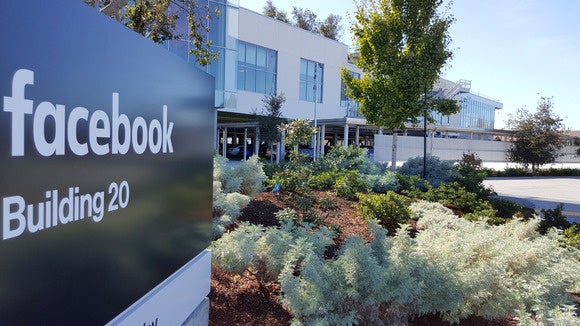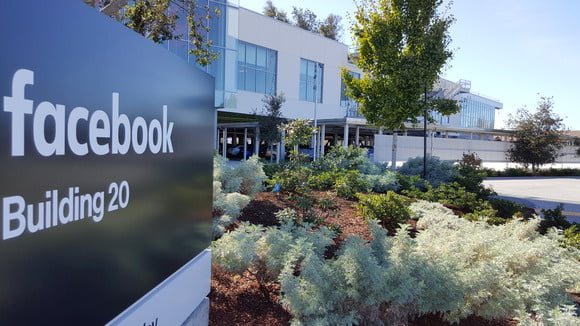Twitter, meanwhile, shirks blame for any outcome

Credit: Martyn Williams
The social network is a daily stop for tens of millions of voters and played an important role in shaping and reinforcing people’s opinions. But sometimes, the information being shared was based on biased or outright fake news reports.
BuzzFeed unmasked a group of Macedonians who made up fake news stories about the election and shared them on Facebook to collect ad revenue. Meanwhile, a Twitter user posted ads suggesting that voters in favor of Hillary Clinton could avoid the line by texting their vote.
Both networks dealt with those incidents, but the issues persisted.
Adam Mosseri, the vice president of product management at Facebook, said in a statement published by TechCrunch that the company uses a variety of signals to determine the accuracy of stories shared on the platform. But he also acknowledged that it wasn’t enough.
“Despite these efforts we understand there’s so much more we need to do, and that is why it’s important that we keep improving our ability to detect misinformation,” he said. “We’re committed to continuing to work on this issue and improve the experiences on our platform.”
Twitter, meanwhile, took a different tack. The company said that it supported the expression of multiple viewpoints on its platform, but once again denounced the harassment it has become known for over the past few years. When it came to the outcome of the election, however, the company shirked responsibility in a statement provided to BuzzFeed.
“Scapegoating social media for an election result ignores the vital roles that candidates, journalists, and voters play in the democratic process,” the company said.
It’s unclear to what degree different social networks might have contributed to Tuesday night’s results. But companies like Facebook and Twitter will have a few years to figure that out.
source”cnbc”



